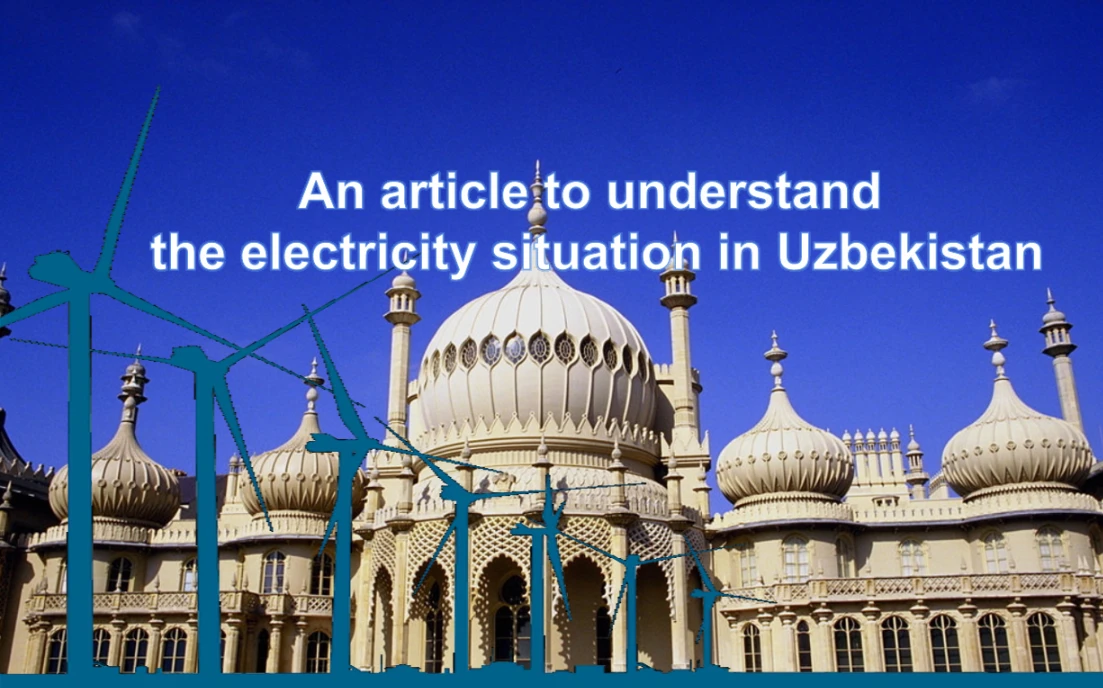
Uzbekistan is a landlocked country located in Central Asia, and like many other countries in the region, it faces challenges in its electricity sector. Uzbekistan’s electricity generation capacity is largely dependent on natural gas, which accounts for more than 80% of the country’s electricity generation. As a result, Uzbekistan is vulnerable to fluctuations in gas prices and supply disruptions. But its renewable energy sources is very promising.
Uzbekistan has an installed electricity generation capacity of around 13,500 MW, but actual electricity production varies depending on demand and availability of fuel. The country has been investing in renewable energy sources in recent years, such as solar and wind power, but they are still a relatively small part of the energy mix.
The government of Uzbekistan has been implementing various reforms to modernize and improve the efficiency of the electricity sector, including privatizing power plants, introducing market-based pricing mechanisms, and improving the reliability of the transmission and distribution networks. However, there are still challenges such as outdated infrastructure and limited investment in new capacity.
In terms of electricity consumption, Uzbekistan has a relatively low level of electrification, with around 80% of the population having access to electricity. Rural areas and some remote regions still lack access to reliable and affordable electricity.
Overall, while Uzbekistan is making efforts to improve its electricity sector, there is still a long way to go to meet the growing demand for electricity, improve access to electricity in rural areas, and reduce the country’s dependence on natural gas.



